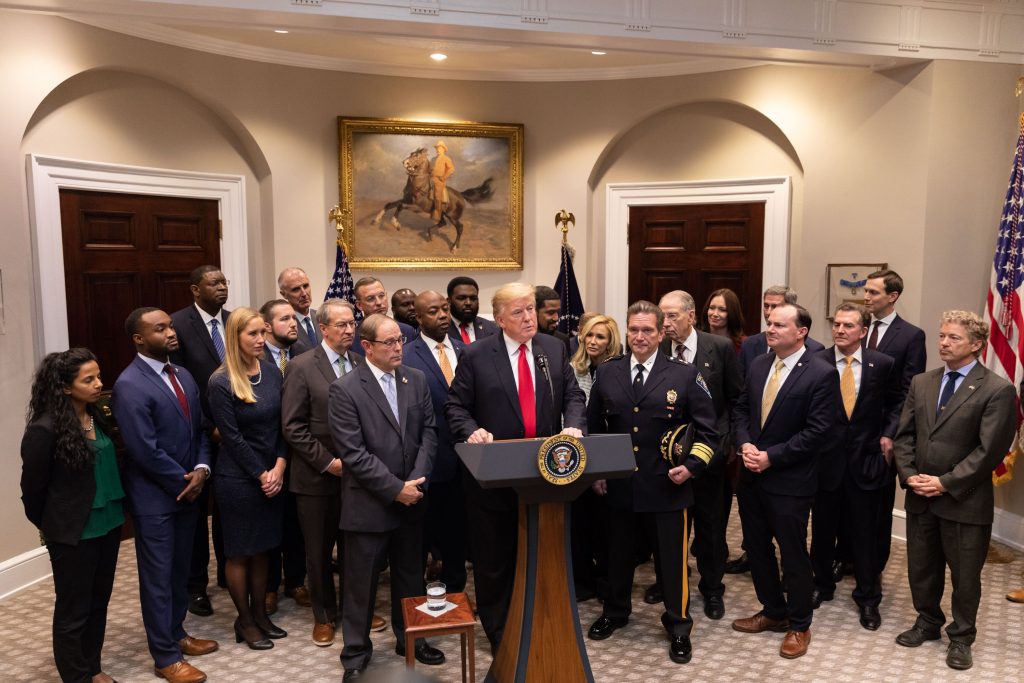We receive questions about First Step Act (FSA) time credits almost every single day. Almost every one of those questions starts with the same backstory. “My loved one in federal prison earned FSA time credits, but the BOP hasn’t applied them,” a family member explains. “What should they do?”
You’re not alone. There are likely thousands of people going through this exact same thing. Unfortunately, there isn’t a great answer. To begin, you could informally ask BOP staff for help. If that doesn’t work, you can go through your facility’s administrative grievance process after that.
But if you can’t solve the issue with the BOP, your only other option probably means turning to federal court. You can file a habeas petition and ask a federal judge to order the BOP to apply your FSA time credits immediately. Sometimes (like here and here) that works. But other times it doesn’t.

Whether a court will help you with FSA time credits depends entirely on the judge that your case ends up in front of. In a handful of cases, judges have been willing to order the BOP to immediately apply FSA time credits. But, as a recent case out of Texas called Smith v. Federal Bureau of Prisons shows, other judges aren’t willing to order the BOP to do anything at all.
What happened in Smith v. Federal Bureau of Prisons?
Smith v. Federal Bureau of Prisons arises out of a common scenario in BOP facilities. Aaron Semaj Smith, a federal prisoner at the La Tuna Federal Correctional Institution in Texas, filed a habeas petition claiming that the BOP had refused to apply 12 months in FSA time credits that he was eligible for and had earned.
Specifically, Mr. Smith claimed that he had “successfully completed his 13 needs and assessment,” had maintained a “low” or “minimum” PATTERN score, had successfully completed all assigned productive activities and was “on the waiting list for numerous [other] programs. If his 12 months in FSA time credits were immediately applied, Mr. Smith claimed, he’d be entitled to an immediate release.
Did the court order the BOP to apply FSA time credits?
No. Although U.S. District Court Judge David C. Gladerrama could have dismissed Mr. Smith’s habeas petition for his failure to exhaust the BOP’s grievance process, the federal judge in Texas went a step further and ruled that it was entirely up to the BOP to decide if it wanted to apply the FSA time credits that Mr. Smith had earned or not.
“So, under the statutory scheme established in § 3624 and § 3632,” Judge Gladerrama explained, “the [BOP] Director retains the discretion to determine whether a prisoner will (1) receive time credits toward the completion of his sentence, and (2) be placed in a community corrections facility or home confinement.”

But the application of FSA time credits isn’t discretionary. Instead, as § 3632(d)(4)(C) makes clear, Congress specifically chose to make the application of FSA time credits mandatory: “Time credits earned … by prisoners who successfully participate in recidivism reduction programs or productive activities shall be applied toward time in prerelease custody or supervised release.” As Justice Clarence Thomas wrote for the U.S. Supreme Court in Kingdomware Techs., Inc. v. United States, “[u]nlike the word ‘may,’ which implies discretion, the word ‘shall’ usually connotes a requirement.”
What did Judge Gladerrama say about that clear mandatory language in the First Step Act? Nothing. In fact, when Judge Gladerrama quoted § 3632(d)(4)(C), he actually skipped over the word “shall,” saying only that “earned time credits are ‘applied toward time in prerelease custody or supervised release.'”
The Takeaway:
This is what you’re up against when you turn to a federal court for help getting the FSA time credits you’ve earned in your BOP facility. Even though the statute states that FSA time credits “shall be applied,” judges are continuing to rule that the BOP “retains the discretion” to refuse to apply those credits.






